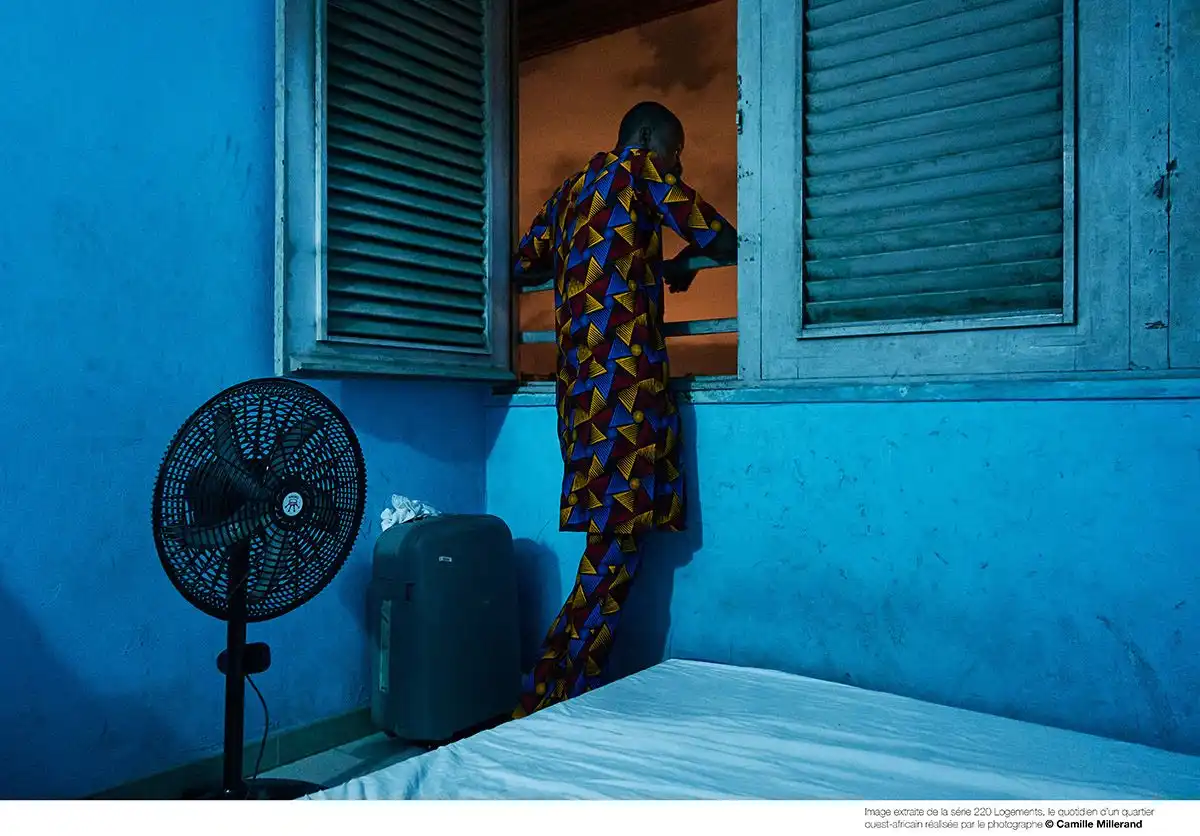Home>The Africa Programme: Bringing Together All Africa-Related Activities at Sciences Po
20.09.2024
The Africa Programme: Bringing Together All Africa-Related Activities at Sciences Po
The Africa Programme brings together all Africa-related activities at Sciences Po. It is an interdisciplinary structure that cuts across the various research centres, departments, schools, campuses and departments, providing a unique interface between education and research.
The main aim of the Africa Programme is to strengthen research in Africa and Sciences Po's collaboration with partner universities on the continent. In terms of teaching, the Programme supports bachelor students, particularly those taking the Africa minor on the Reims Campus. The Africa Programme also provides an unprecedented forum for dialogue between researchers, artists, managers, and civil society players, who can share their views on Africa and the world – as on the Programme's launching event, which takes place on 20 September 2024.

Interview with the two co-directors of the Africa Programme: Alice Judell and Florence Bernault.
In a few words, what is your background at Sciences Po, and how did your shared interest in Africa come about?
Alice: I started as a lecturer on the Reims campus before becoming an academic manager at the Paris School of International Affairs for several years. For just over three years now, I've been in charge of Sub-Saharan Africa at the Department of International Affairs. My interest in Africa pre-dates my years at Sciences Po, as I was lucky enough to research and teach in Senegal, Ethiopia, and Ghana for many years.
Florence: I started fieldwork in Central Africa in the 1980s, particularly in Congo-Brazzaville and Gabon. After defending my doctoral thesis in Paris, I taught the history of sub-Saharan Africa for over twenty years at the University of Wisconsin in Madison, in a very large African studies centre. I am passionate about Africa, and also about the theoretical and political problems raised by research on this continent and on African diasporas around the world.
What are the existing ties between Sciences Po and Africa? What is the background to the creation of this geographical programme?
Florence: There are many projects and courses on the subject of sub-Saharan Africa at Sciences Po. The Africa Programme reinforces these resources by offering an original structure that is still rarely used in France. In doing so, Sciences Po is building a particularly innovative university project.
The Programme is neither a laboratory nor a research centre with a specific programme, but a light structure that brings together Sciences Po's resources and initiatives, and enables an in-depth dialogue on Africa between the institution's members and their partners. It gives greater visibility to these projects. By entering into partnerships with similar networks in Africa, Europe, and the rest of the world, the Africa Programme will facilitate the flow of students, researchers, and teachers.
What do you see as the key challenges and projects that the Africa programme must tackle, and what is your approach as co-directors?
Alice: The priority at this stage is to build bridges between the multitude of activities that Sciences Po is developing on, with, and in Africa. Ultimately, it seems crucial to structure African studies at Sciences Po and to create a network of partner universities around major topics.
Florence: Although putting itself at the service of researchers and students, the Africa Programme is not intended to focus solely on the activities of our institution: it is also intended to serve as a platform for African and Afro-descendant actors outside Sciences Po who are interested in dialoguing and in promoting their projects and actions.
Sciences Po and Africa
Sciences Po is the French university that sends the highest number of students to spend part of their studies in Africa (about 40 Bachelor's and Master's students in 2023-2024) and one of the European universities with the most active university partnerships on the continent (34 in total). In return, it welcomes nearly 700 students of 46 African nationalities into its student community. Sciences Po's Executive Education also offers continuing education programmes specifically designed for executives and managers in the private and public sectors in Africa. It has also forged targeted partnerships such as the Mastercard Foundation Scholars Programme, which aims to create conditions of access to an inclusive education of excellence for young people from sub-Saharan Africa.
Its research focuses as much on understanding Africa as on broader issues (climate change and ecology, economic development, urban worlds, the digital revolution, cybersecurity, cultural and creative industries, etc.). It is fuelled by the many scientific collaborations forged with the research units of its African university partners.
Finally, the Sciences Po Alumni network is very active in Africa, with around 1,000 Sciences Po graduates present in the continent.